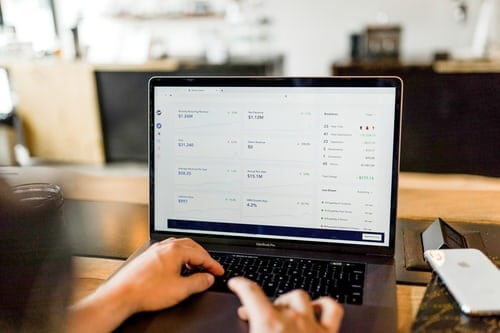
Valuing a business for purchase or resale is not as easy as say valuing an investment property, where the market value of the property can be easily determined by comparison with similar properties recently sold. Every business is unique and there is no easy comparison available.
The value of the business is made of basically 2 components: the tangible or real assets plus the goodwill; intellectual property etc. known as intangible assets. The tangible assets are easier to value, as they are more resalable e.g. office equipment; motor vehicles. The intangible assets are usually goodwill and intellection property such as patents. The main component however is usually goodwill. Stock at hand needs to be properly assessed and valued at market value i.e. what you can sell it for in a reasonable period. You would usually require knowledge of the products for that industry, or use someone who has the knowledge.
The value of goodwill is usually determined by the profitability of the business. This is not as easy as looking at the latest Profit and Loss report. You will usually have to ascribe a market wage to the work done by the owners of the business. Often they do not pay themselves a wage, or pay an unrealistically low wage. It some instances they do the reverse.
Having determined a realistic profit (or loss) for the business, you then have to quantify the value of the goodwill. In a small privately owned business, this is usually calculated at 2 or 3 times the value of the annual profit. Things to look out for, are whether the profit is consistent over the past few years, and whether it has been artificially inflated prior to listing the business for sale.
Unless for a very experienced in this area, it is always best to use an expert, such as a business broker or accountant who practises in this area.